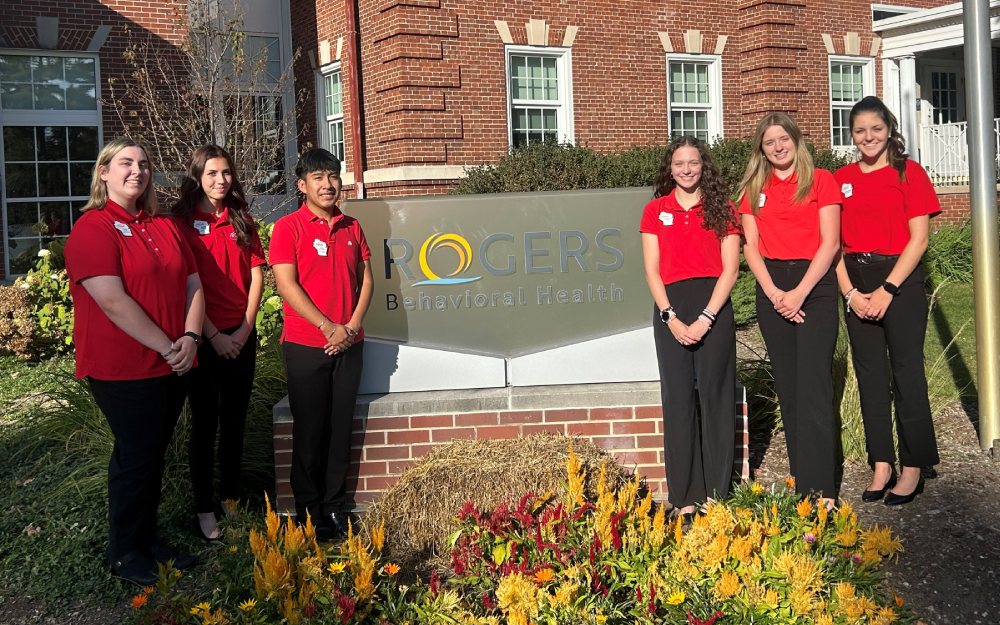
Rogers–Tampa plans for major expansion in early March
02/18/17 09:20:am
Starting March 6, new offerings include unique anxiety and mood disorder care for kids with autism and teen programs for mood disorders and eating disorders. Existing programs for adults with mood disorders and for children, teens and adults with OCD and anxiety disorders will increase capacity, allowing Rogers–Tampa to treat up to 88 children, teens and adults daily.
Rogers Insight caught up with Josh Nadeau, PhD, clinical supervisor at Rogers Behavioral Health–Tampa Bay, to discuss the new dual diagnosis program for patients with mental health disorders and autism spectrum disorder.
Q: Why is there such a need for this program?
Josh Nadeau, PhD: Many people are aware that autism spectrum disorder (ASD) is more common than we first suspected. What is not always understood is that youth with ASD are far more likely to have one or more additional disorders – depression, anxiety, or obsessive-compulsive disorder – as compared to their peers without ASD.
At the same time, there is an unmet need for treatment of mental health disorders that incorporates evidence-based modifications – to therapeutic techniques as well as personnel training – addressing the unique needs of youth with ASD. People who are highly trained and specialize in working with youth with ASD typically are not well-versed in treating mental health disorders. Similarly, people who specialize in treating mental health disorders typically don’t have much experience or training in working with youth with ASD. Rogers – Tampa Bay can fill a real need in this community. Other local providers I’ve talked to have said how excited they are that Rogers is offering this program because it’s so needed in the greater Tampa Bay area.
Q: What is your personal connection to ASD and how has that influenced your research and clinical practice?
Josh Nadeau, PhD: I have two family members with ASD; a younger brother and a cousin. This brought home for me at an early age how difficult (and alienating) the symptoms can be for youth with ASD – and their families! Personally, this has helped me to be more appreciative and positive about the strides we continue to make as a society with respect to awareness, advocacy and acceptance. Professionally, I have been fortunate to practice and conduct research with Eric Storch, PhD, clinical director at Rogers–Tampa Bay and an internationally recognized leader in OCD and cognitive behavioral therapy. He is a tireless source of information and support to families and professionals alike and we are lucky to have him as a resource.
Q: What about this approach to treatment makes it so successful?
Josh Nadeau, PhD: Rather than attempting to “shoehorn” kids into a rigid treatment framework, our approach uses evidence-based modifications to treatment techniques to customize treatment to each individual. Broadly speaking, these modifications involve using developmentally appropriate language, increased focus on behavioral elements, reduced reliance upon abstract treatment metaphors, and an increase in family involvement and parent training. The research is clear on the necessity and effectiveness of these modifications within an intensive treatment setting.





